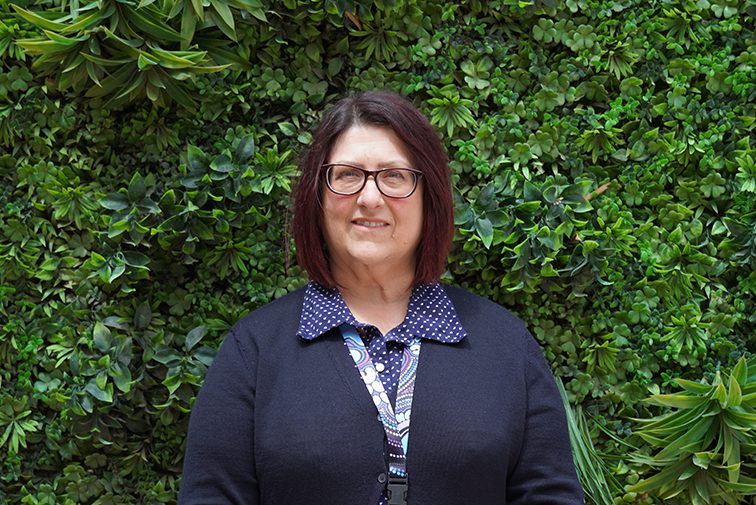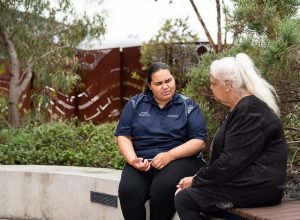Head and Neck Cancer Care Consultant, Caroline Whiteford, is guiding patients through the intricate pathways of head and neck cancer treatment.
“I’m really passionate about this type of cancer,” Caroline said.
“It’s not a cancer that gets a lot of a spotlight, but last year alone 5,300 people were diagnosed.”
Navigating the challenging landscape of head and neck cancer – which includes throat, tonsils, mouth, tongue, salivary glands, facial, neck and skin cancers – can often be gruelling but Caroline is proving to be a constant for patients.
“I’m currently overseeing 120 patients,” said Caroline.
“And I spend a lot of time with each and every one of them – from their first meeting, through to decision-making, surgery, chemotherapy, radiation, allied health support, home healthcare, and then five years’ of surveillance.”
Using the SA Health Head and Neck Cancer Pathway (2013) as a guidepost, Caroline ensures thorough and timely patient care, advocating for her patients across all aspects of their needs. She is a voice for patients during challenging times, especially when they lose their ability to communicate due to treatment.
Caroline’s broad understanding of a patient’s specific requirements – ranging from social, cultural, medical, and psychological – is what sets her apart. As a committed patient advocate, Caroline addresses these diverse requirements, from arranging interpreting services and accommodation to tailored solutions for disabled and neurodiverse patients.
“I guess I’m sort of a jack of all trades.”
“Nursing is of course my role, but as Care Consultant I become someone who can assist patients in many other ways through a really difficult pathway in a very big and acute facility.”
Beyond day-to-day patient support, Caroline also collaborates on research projects to improve cancer survivorship and identifies healthcare gaps for patients transitioning from acute care to long-term health maintenance. Preliminary findings point to challenges in maintaining healthy eating, financial strains, difficulties in employment, and poor psychological health. Caroline aims to present these findings at professional conferences and through journal publications to catalyse positive changes in clinical practices and support programs.
“It’s a privilege to work in this space, making a difference to patient outcomes alongside my supportive and cohesive team of clinicians at the Royal Adelaide Hospital.
“I work with some of the most skilled and encouraging doctors, nurses, speech pathologists, dieticians, dentists and administration staff – all of whom ensure safe and expert care for our cohort.”



